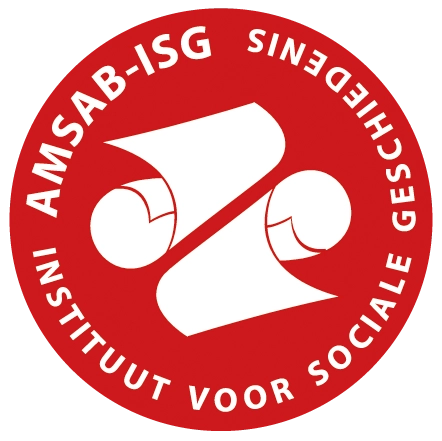Van 5 tot 9 september 2023 vond in Buenos Aires, Argentinië, de 53e conferentie plaats van IALHI, gehost door CEHTI. Om de zoveel jaren probeert IALHI een conferentie te houden buiten Europa, met de uitdrukkelijke bedoeling om betere contacten te hebben met instellingen van Labour History buiten Europa, gezien de grote meerderheid van IALHI-leden toch nog steeds in Europa gevestigd is. In het verleden werden reeds conferenties gehouden in Zuid-Afrika (2008) en de USA (2014). Ditmaal werd gemikt op de overwegend Spaanstalige instituten in Latijns-Amerika.
Inzake netwerkvorming was de conferentie in Buenos Aires zonder meer een succes. Meer dan dertig Latijns-Amerikaanse instituten namen deel aan de conferentie, waarvan de helft uit het gastland Argentinië, maar ook uit Brazilië, Mexico, Chili en Uruguay. Opvallend was dat zij allemaal kozen om in het Spaans te spreken, met als enige uitzondering het Braziliaanse Mundos do Trabalho.
Dat verklaart meteen waarom het zo moeilijk is om internationale contacten te leggen met de Spaanstalige wereld. Er werd simultaan vertaald naar het Engels, maar dat heeft zijn beperkingen. Drie dagen lang via een koptelefoontje de pogingen ondergaan van een wanhopige tolk die een ratelende Spaanstalige probeert te volgen, is een ervaring die we niemand aanbevelen.
Maar verder werden er goede contacten gelegd met collega's uit Argentinië, Mexico, Brazilië en Chili, waarmee we in de toekomst ongetwijfeld nog aan de slag kunnen. Omgekeerd was Amsab-ISG uitdrukkelijk aanwezig op de conferentie. Deelnemers konden kennismaken met de digitale bronnen die Amsab-ISG aanbiedt, waarbij vooral het gedigitaliseerde archief van Camille Huysmans de aandacht trok, met vele documenten uit Latijns-Amerika. Amsab-medewerker Donald Weber gaf ook een workshop in het gebruik van digitale platformen en technieken, zoals onder meer IIIF.
De confrontatie met de woelige politieke geschiedenis van Latijns-Amerika en de effecten ervan op de werking van de plaatselijke instellingen van Labour History was ontnuchterend. Zo zou geen democraat in Argentinië nog stemmen op de socialistische partij nadat deze de kant van de militaire junta koos in een poging om van Peron af te geraken, en wordt de grootste vakbond in dit land eerder tot de politieke rechterzijde gerekend. De collecties gaan ook zelden meer dan enkele decennia terug, want de politieke vervolging dwong alles wat links was ondergronds, hetgeen een duurzame archiefvorming niet bevordert. Een uitzondering is de linkse krant La Vanguardia, die recent door CEHTI werd gedigitaliseerd en online beschikbaar







